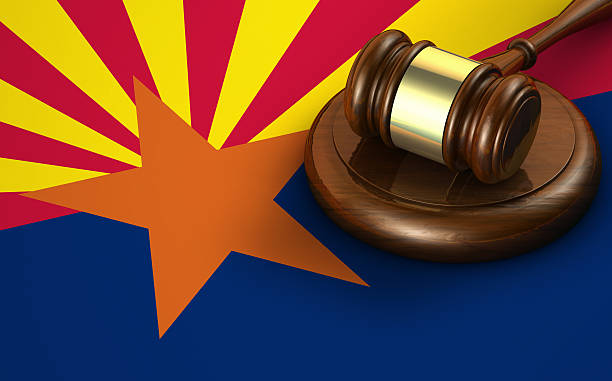Arizona has taken a pioneering step in cryptocurrency regulation with Governor Katie Hobbs signing House Bill 2749 into law on May 7. The legislation authorizes the state to claim unclaimed digital assets and create a “Bitcoin and Digital Asset Reserve Fund” without drawing from taxpayer dollars or existing state funds.
The move positions Arizona among the first states to formalize how governments can manage abandoned cryptocurrencies, potentially generating returns through staking and airdrops.
How the New Law Works
Under the new legislation, if owners of digital assets fail to respond to state communications over a period of three years, their assets can be considered abandoned. Arizona custodians will then be allowed to take control of the crypto, stake it for rewards, or accept any resulting airdrops. These proceeds will be deposited into the newly formed reserve fund.
“This law ensures Arizona doesn’t leave value sitting on the table,” said Jeff Weninger, the bill’s sponsor. “We’ve built a structure that protects property rights, respects ownership, and gives the state tools to account for a new category of value in the economy.”
Vetoed Bill Raises Questions Over Bitcoin Investment
Just days before signing HB 2749, Governor Hobbs had vetoed Senate Bill 1025 on May 3, which proposed allowing the state to invest seized funds into Bitcoin. Hobbs cited concerns over allocating public money into what she referred to as “untested assets.”
Despite the veto, the passage of HB 2749 has reignited optimism within the crypto community. Julian Fahrer, founder of Bitcoin Laws, noted on X that Hobbs’ decision to approve HB 2749 offers a positive signal for another bill currently awaiting her signature.
Senate Bill 1373, now on the governor’s desk, would grant Arizona’s treasurer—currently Kimberly Yee—the authority to allocate up to 10% of the state’s Budget Stabilization Fund into Bitcoin. If signed, this would mark a significant leap in public sector crypto investment strategies.
Arizona Follows New Hampshire’s Lead
Arizona’s crypto legislation comes just one day after New Hampshire Governor Kelly Ayotte signed House Bill 302 into law. That bill allows New Hampshire’s treasury to invest in cryptocurrencies with a market cap over $500 billion—effectively Bitcoin alone at this time.
With these legislative moves, states like Arizona and New Hampshire are edging closer to integrating digital assets into their financial infrastructure, potentially reshaping how governments view and utilize cryptocurrencies.


